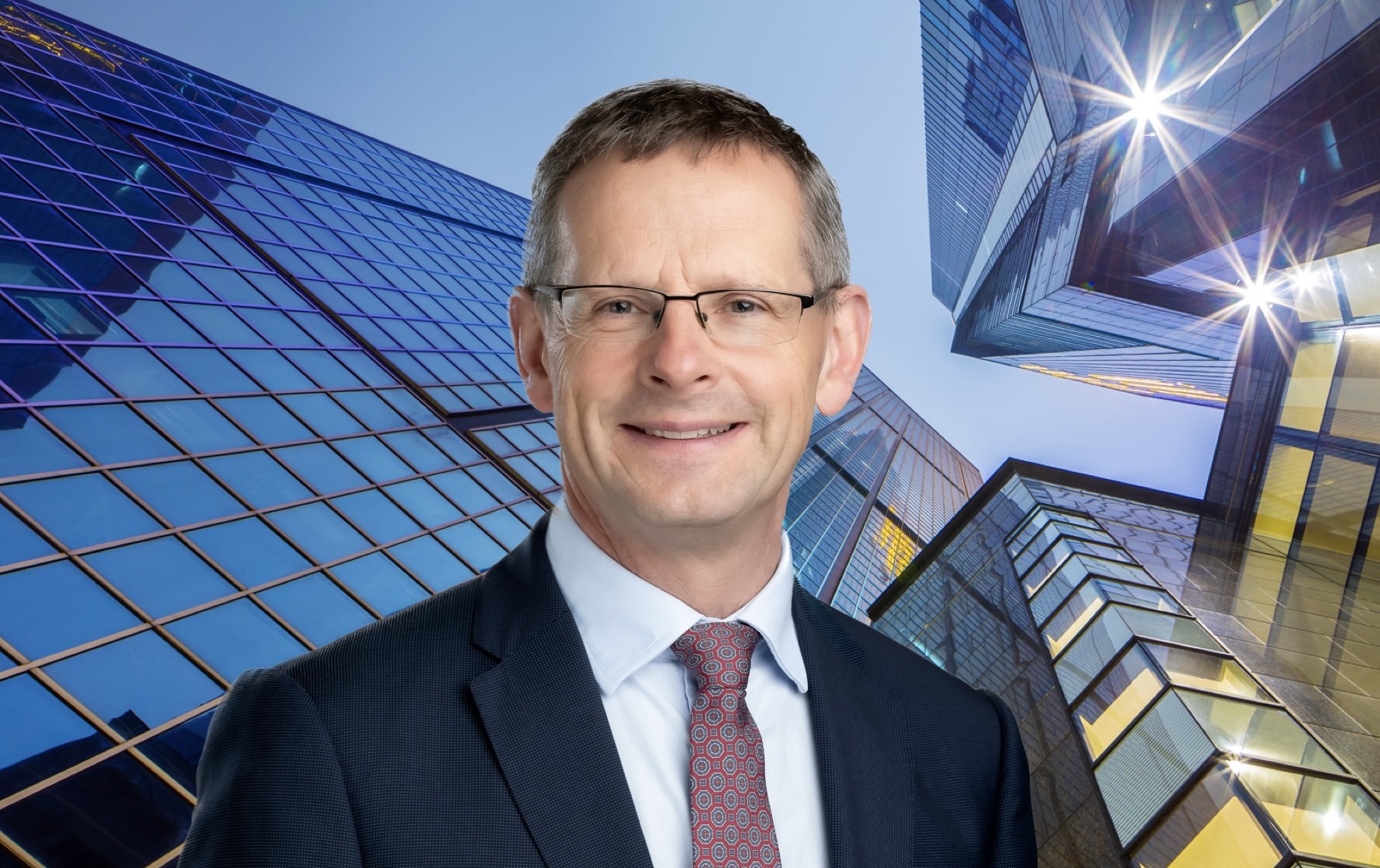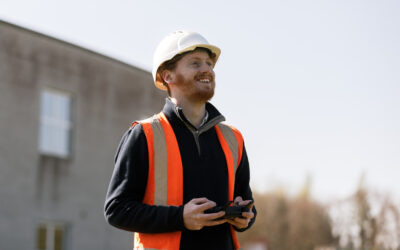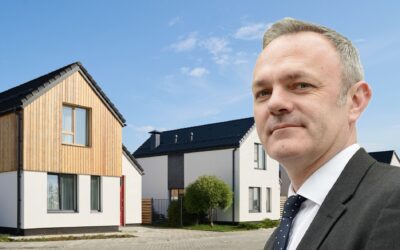Our latest edition of Construction explores how the industry can leverage digital technology to improve efficiency, as we answer the challenge to deliver housing and infrastructure for the growing population.
With infrastructure delivery high on the national agenda, CIF members are determined to deliver for the country with maximum productivity and effectiveness.
This is where digitalisation fits in. Advanced technologies have the power to increase efficiency, maximise resource use, reduce costs, enhance project accuracy and even increase safety on-site.
Construction is a highly technical industry driven by individuals who continually push the boundaries of innovation. Whether through information modelling, modern methods of construction (MMC), or advancements in measuring sustainability, these innovations are reshaping our sector.
For example, CIF and its Construction 4.0 Committee were instrumental in the development of Construct Innovate, Build Digital and the MMC Demonstration Park in Mount Lucas.
Construct Innovate continues to grow, bolstered by increased membership and the success of its second seed fund call in 2024, which saw 18 companies awarded funding. Meanwhile, CIF welcomes the promising collaboration between Build Digital and the Grangegorman Development Agency.
CIF members are eager to remain key contributors as Build Digital enters its next chapter, providing essential resources to drive digital adoption across Ireland.
Additionally, progress is underway on the MMC Demonstration Park in Mount Lucas, a vital resource set to advance the development of modern methods of construction in the country.
This three-part centre, Construct Innovate, Build Digital and the MMC Demonstration Park, are testament to the support that government has committed to the industry and its crucial development in terms of digitalisation and modernisation.
CIF’s Smart Off-site Association was established in 2023 and has evolved to represent 2D and 3D manufacturers in the industry. This association is dedicated to the growth of the 2D and 3D sectors and looks forward to working with the broader construction industry, clients, government bodies and educational institutions, to promote off-site.
Increased pipeline is a major issue, particularly for the 3D volumetric suppliers. A recent survey found that on average, members of the Smart Offsite Association are working at 48 per cent capacity, highlighting the wasted capacity resource that exists in the Irish market.
It is crucial that these companies are given the pipeline to support their business models, so that Ireland has its own indigenous offsite companies.
Most off-site manufacturing facilities are located in regional areas, close to motorway networks. Incentivising off-site construction will allow for further development of manufacturing facilities, which will in turn create jobs, strengthening regional communities.
A final but crucial area to address is BIM. 2024 saw the introduction of the BIM Mandate applied to public projects over €100million on the design side only. From 2025 to 2027 we will see this mandate start to cascade down through the industry at six monthly intervals.
It is important that no company operating in the construction industry is left behind and that the necessary supports are put in place.
CIF is available to offer support to our members as the mandate is rolled out. We are fortunate to have many of the country’s foremost experts in digital construction in our membership and among our stakeholders.
Your perspectives are vital in helping us determine the future direction of construction technology and policy, and we value your input.
In advance of the General Election, CIF launched its manifesto, ‘Building a Better Future’.
Our manifesto sets out five priority recommendations across the delivery of quality infrastructure and balanced regional development, addressing housing supply and planning reform, cultivating people skills and capacity, building a sustainable low carbon economy, and building capacity for off-site and modern methods of construction.
We continue to underline, as we look forward, that we need surety from the next Government and clear plans for projects, so that companies can resource their companies and staff.
We know that many of our members continue to experience uncertainty around if or when projects outlined in national plans will take place.
Our infrastructure is already lagging behind population growth, and we need to see activation of projects at national and local levels. We are hopeful that the state will ramp up infrastructure delivery to the level required.
Digital construction and innovation will stand as essential drivers in supporting our ways of working to meet the dual demands of productivity and sustainability, as we scale up operations.









